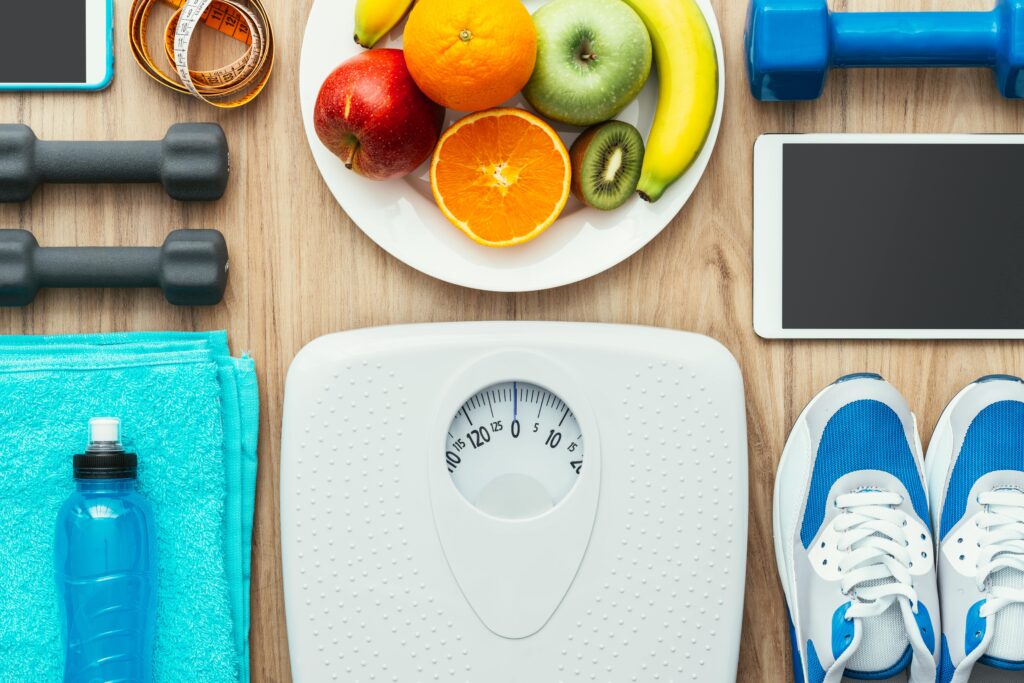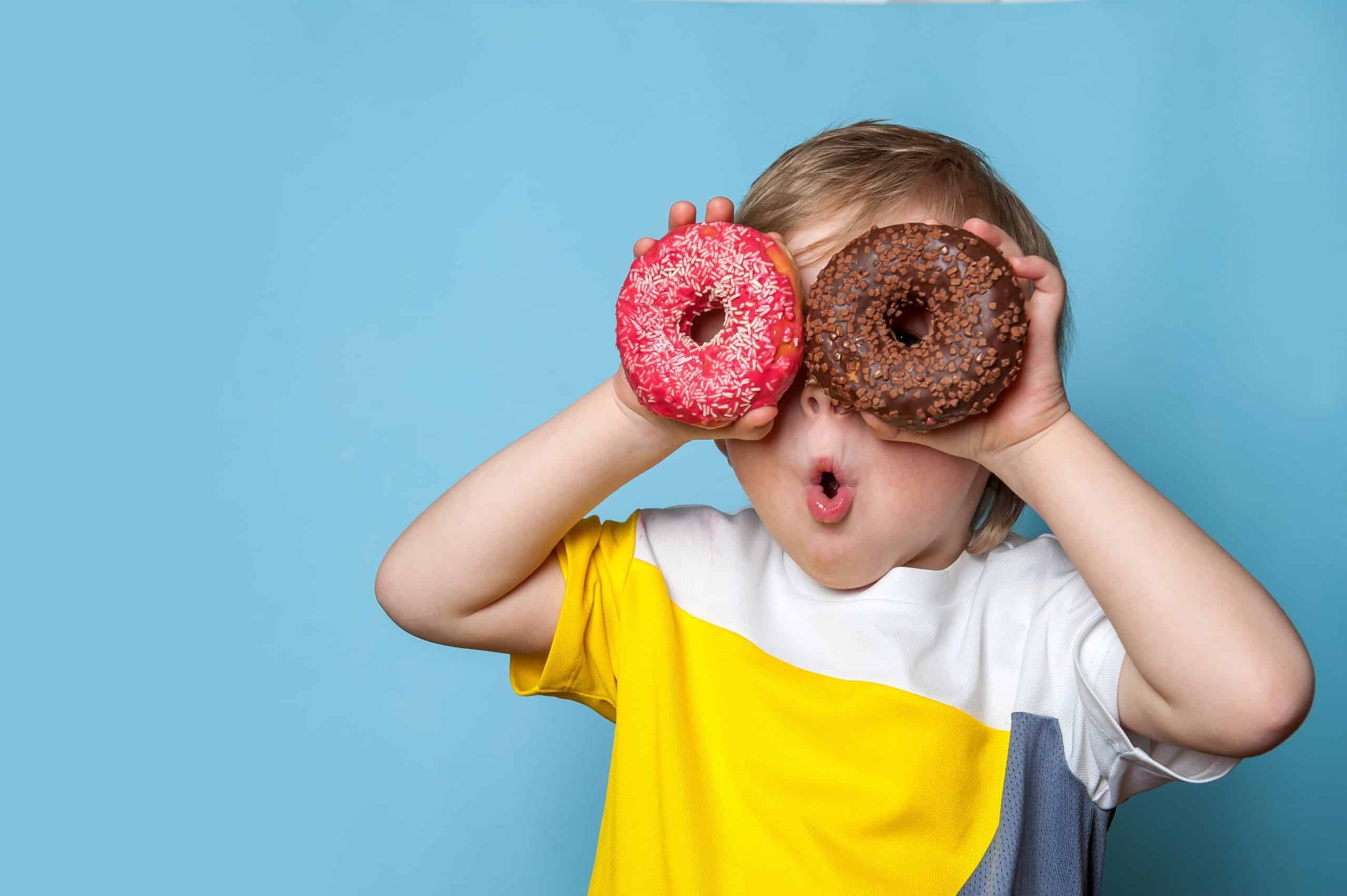The Weight Loss App scandal and how it is NOT intuitive
In the last few years, the app ‘Noom’ has taken the nutrition world by storm – yet what is it all about? We tried the app Noom in this week’s article, so you don’t have to!
What is Noom?
Noom is a subscription-based nutrition and fitness app used for tracking calorie and nutrient intakes, as well as weight loss.
The company emphasises that it is not a diet, is unrestricted, and aims to work with behaviour and habit change and mental wellbeing instead of imposing strict food rules on the user.
Noom additionally provides over 1000 recipes, has the option to ‘log’ food intake, and plots graphs to show the user their progress in their weight loss journey. The user is also provided with a health coach to provide regular support and accountability through the programme.
Noom has been scrutinised by many nutrition professionals as being ‘just another diet app’ – but what is the real deal? We at EHL have done the investigating for you, so you don’t have to.
In this article, our co-founder and lead dietitian Ariana went undercover to follow the journey on the app, using fabricated data of what might look like a typical ‘user.’
Our ‘individual’:
Gender: Female
Age: 30
Weight: 47kg
Height: 166cm
BMI: 17.05
Even with a calculated BMI of 17.05, what is considered to be underweight, the app allowed us to continue. It even formulated a weight loss plan after choosing a change of ‘0 lb’ (no loss or gain) as our weight goal!
Noom then asks about medical conditions, including any active diagnoses of eating disorders – and doesn’t let the user continue if ‘Yes’ is selected.
Whilst this is a significant step, we know many people who live with these conditions are undiagnosed – and the fact that one can simply press back and re-answer the question with ‘No’ to proceed doesn’t make it a very effective barrier.
Despite the goal of no weight change, the app continued to create a chart of our weight loss over the next 15 weeks – leading to an end weight of 42 kilos! This shocked us as this would significantly reduce our user’s BMI to 15.2!
This concern was also raised by Noom Health Coaches themselves who stated in a recent interview with the Financial Times, “female clients were given calorie targets that were unhealthy, restrictive and unrealistic”.
When the FT tested the platform they stated “There are no warnings when a user logs just a few hundred calories a day” , which means disordered eating patterns are not likely to be detected or discouraged.
In this recent scandal it was also mentioned that Noom coaches (who are not trained health care professionals, are given unrealistic performance targets amounting to over 100 interactions (on a 1:1 basis) per day, which lent to health coaches reporting “they couldn’t give the user what they deserve in terms of a response”.
The verdict
Noom might be a helpful app for weight loss goals as it seeks to achieve more sustainable change and habit building – which is also something we strive for at EHL. If weight loss is something you want to work on and have no history of an eating disorder, it may or may not appropriate for you. Of course, there is no one-size-fits-all approach and you are more than a number or simple metabolic calculation. The human body is complex and this needs to be taken into consideration. We encourage you to consider your intention behind seeking to lose weight and invite you to consider what you are really looking to achieve.
It is important to remember that weight loss through dieting usually isn’t sustainable, with numerous studies indicating that it is short-lived, unsustainable, and the restriction it invokes is often linked to increased hunger. Therefore, weight loss isn’t the most viable indicator for our health and positive lifestyle change.
Is Noom a diet? Yes. Whilst it aims to stray away from the classic yo-yo dieting approach, one could argue that it isn’t far off from other typical weight loss programmes that we have tended to name and shame.
Dieting has been shown to increase levels of hunger hormones such as ghrelin, even though our goal may be the opposite. (1) Dieting impacts our behaviours and thought patterns when it comes to body image and disordered eating. (2) It negatively affects our perceptions of others, our stress levels, quality of life, and so much more. (3) For more on this, read our article to learn three reasons you shouldn’t go on a diet and what to try instead.
If you have a more complicated relationship with food, an active/history of an eating disorder, or have known food restriction to take a toll on your wellbeing and mental health, Noom isn’t going to allow you to heal and develop in the way you need and truly ditch the diet culture.
If you are genuinely seeking to become a more intuitive eater and improve your relationship with food, we don’t recommend this app, as it may still encourage limiting beliefs around food and dietary habits.
We hope you enjoyed this review, and until then, stay strong, be bold, take up space and keep up your fantastic progress, wherever you may be on your journey.
Priya Chotai, BSc ANutr
EHL Team x
References
- Cummings DE, Weigle DS, Frayo RS, Breen PA, Ma MK, Dellinger EP, Purnell JQ. Plasma ghrelin levels after diet-induced weight loss or gastric bypass surgery. N Engl J Med. 2002 May 23;346(21):1623-30. doi: 10.1056/NEJMoa012908. PMID: 12023994.
- Stice E, Ng J, Shaw H. Risk factors and prodromal eating pathology. J Child Psychol Psychiatry. 2010 Apr;51(4):518-25. doi: 10.1111/j.1469-7610.2010.02212.x. Epub 2010 Jan 14. PMID: 20074299.
- Dirks AJ, Leeuwenburgh C. Caloric restriction in humans: potential pitfalls and health concerns. Mech Ageing Dev. 2006 Jan;127(1):1-7. doi: 10.1016/j.mad.2005.09.001. Epub 2005 Oct 13. PMID: 16226298.














